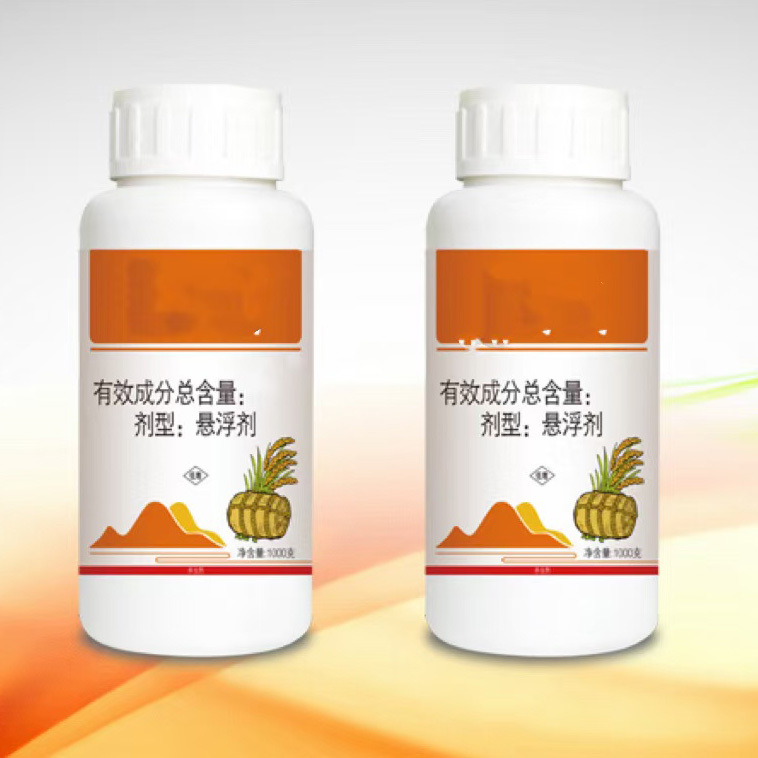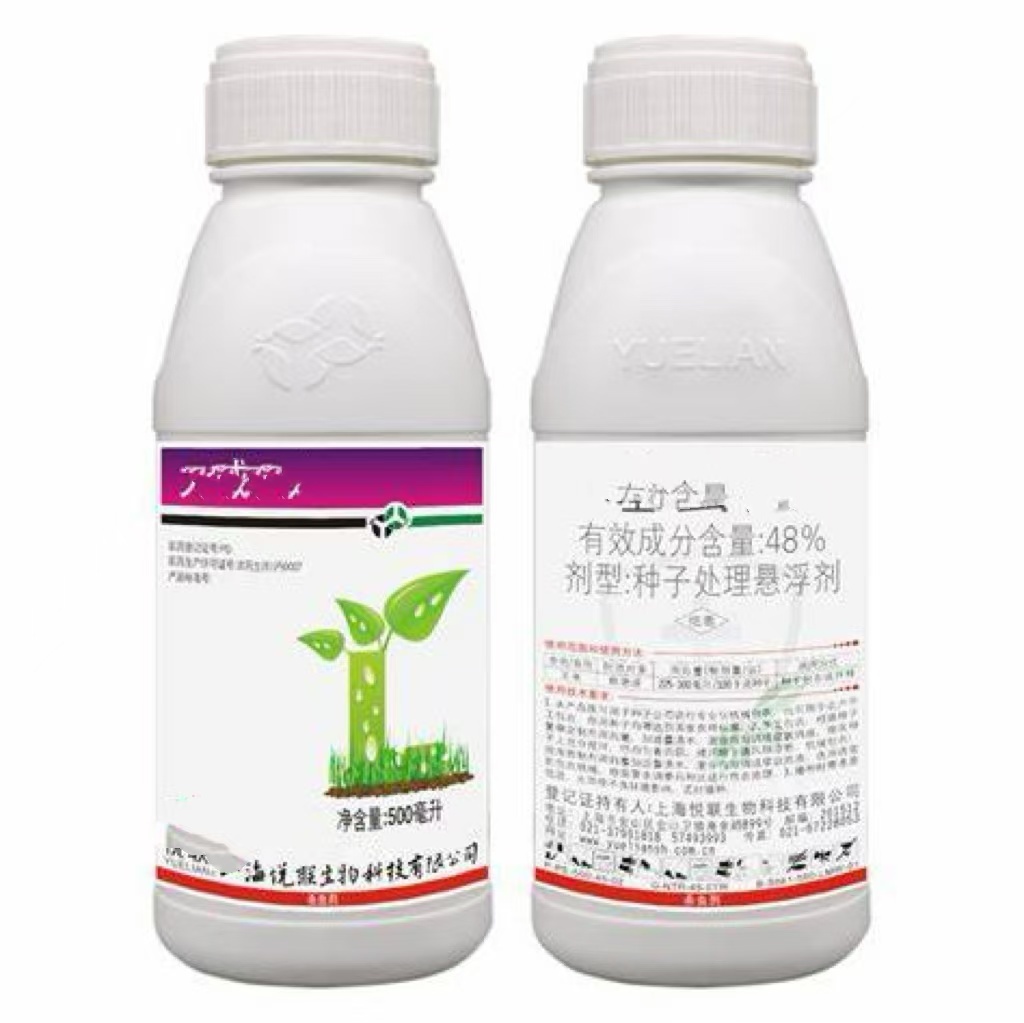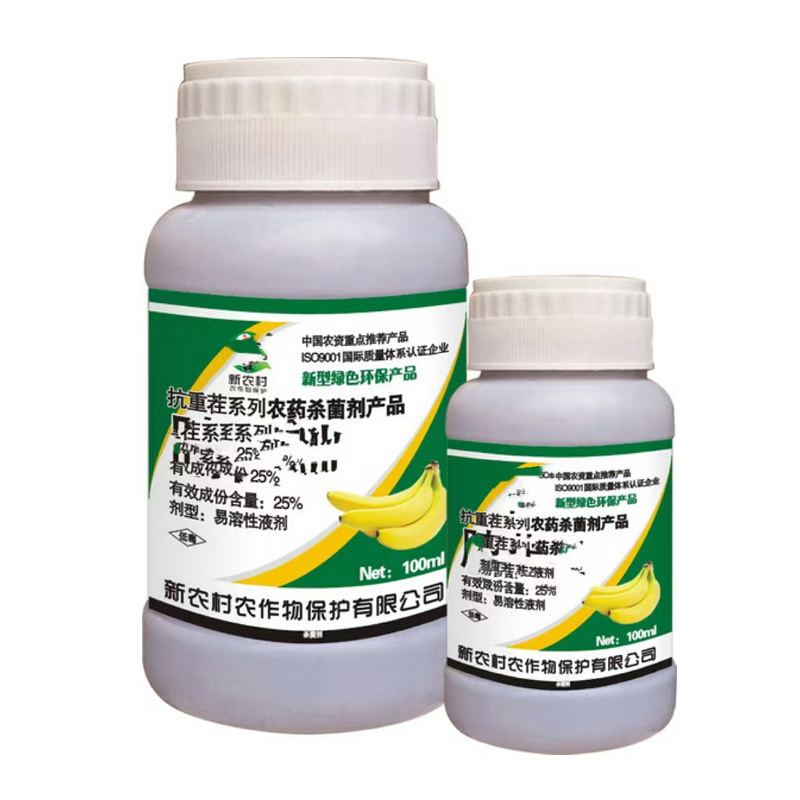-
-
-
News & Publication
-
News & Publication
Unlocking Plant Potential: The Importance of Micronutrient Supplements
Time
2025-06-23
Micronutrient supplements for plants are essential components that significantly influence plant growth, development, and overall health. Unlike macronutrients, which include nitrogen, phosphorus, and potassium, micronutrients are required in smaller quantities but are equally vital for various physiological functions within plants. Micronutrients encompass a range of essential elements, including
Micronutrients encompass a range of essential elements, including iron, manganese, zinc, copper, molybdenum, and boron. Each of these elements plays a specific role in plant biochemical processes. For example, iron is crucial for chlorophyll synthesis, which is essential for photosynthesis. A deficiency in any of these micronutrients can lead to a variety of growth issues, including stunted growth, yellowing leaves, and reduced crop yields.
One of the most significant benefits of using micronutrient supplements is the enhancement of plant resilience against environmental stressors. Plants fortified with essential micronutrients demonstrate improved tolerance to drought, salinity, and other stress conditions. This resilience not only supports healthy growth but can also lead to higher productivity and better quality crops.
In addition to promoting growth and resilience, micronutrient supplementation can also improve the efficiency of macronutrient uptake. For instance, the presence of zinc can enhance the absorption of phosphorus, leading to better root development and overall plant vigor. This synergistic effect can be particularly beneficial in soils that are deficient in certain elements, ensuring that plants receive a balanced nutritional profile.
When applying micronutrient supplements, it is essential to conduct soil testing to identify specific deficiencies. Tailoring the application of these supplements based on soil analysis allows for a more targeted approach, optimizing plant health and productivity. Foliar application is another effective method, as it allows for quick absorption of micronutrients directly through the leaves, providing an immediate boost to plant health.
Moreover, the advancement of technology in agriculture has led to the development of various formulations of micronutrient supplements, including chelated forms that enhance nutrient availability in the soil. This innovation is particularly beneficial in addressing micronutrient deficiencies in various soil types, thereby supporting sustainable agricultural practices.
In conclusion, micronutrient supplements for plants are a vital aspect of modern agriculture, playing a significant role in improving plant health, enhancing resilience, and maximizing crop yields. By understanding the importance of these supplements and applying them wisely, agricultural professionals can foster healthier plants and contribute to sustainable food production. Incorporating micronutrient management into agricultural practices not only benefits individual crops but also supports the broader goal of sustainable and productive farming systems.
Latest News

Email:
Address 1 : Salt-chemical Industrial Zone, Dingyuan County, Chuzhou, Anhui Province, China
Address 2 : 19F, Block A, Zheshang Building, Science Avenue, Hefei City, Anhui Province, China
Leave Message
We will contact you within one working day. Please pay attention to your email.
COOKIES
Our website uses cookies and similar technologies to personalize the advertising shown to you and to help you get the best experience on our website. For more information, see our Privacy & Cookie Policy
COOKIES
Our website uses cookies and similar technologies to personalize the advertising shown to you and to help you get the best experience on our website. For more information, see our Privacy & Cookie Policy
These cookies are necessary for basic functions such as payment. Standard cookies cannot be turned off and do not store any of your information.
These cookies collect information, such as how many people are using our site or which pages are popular, to help us improve the customer experience. Turning these cookies off will mean we can't collect information to improve your experience.
These cookies enable the website to provide enhanced functionality and personalization. They may be set by us or by third-party providers whose services we have added to our pages. If you do not allow these cookies, some or all of these services may not function properly.
These cookies help us understand what you are interested in so that we can show you relevant advertising on other websites. Turning these cookies off will mean we are unable to show you any personalized advertising.
This website already supports IPV4/IPV6 bidirectional access





